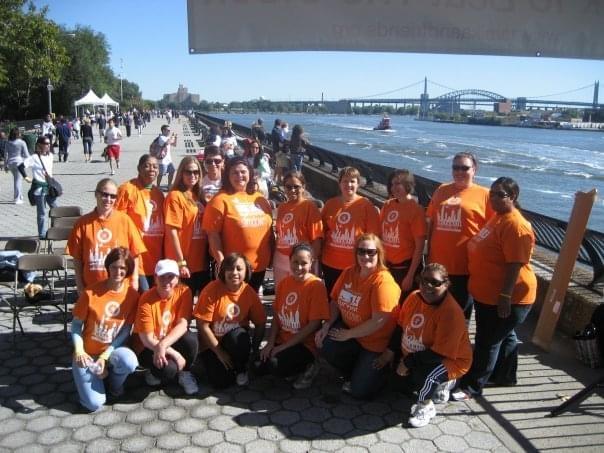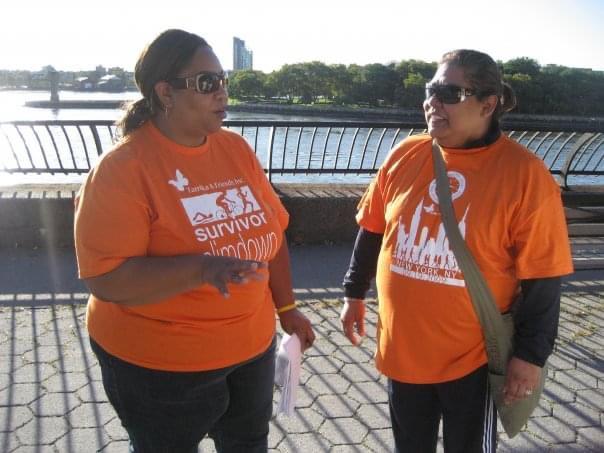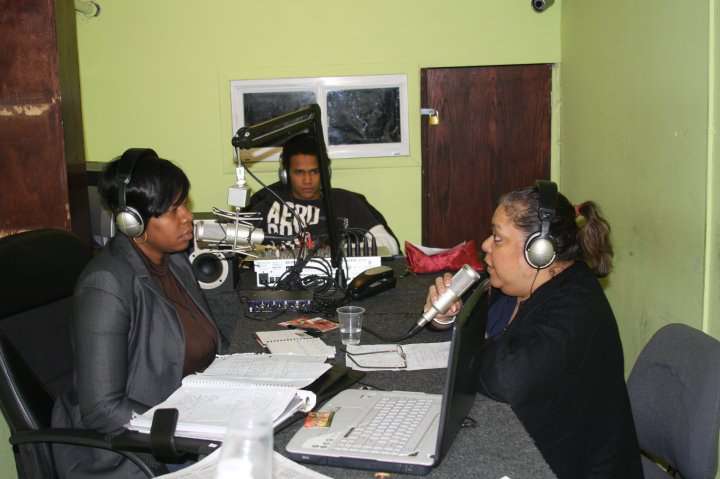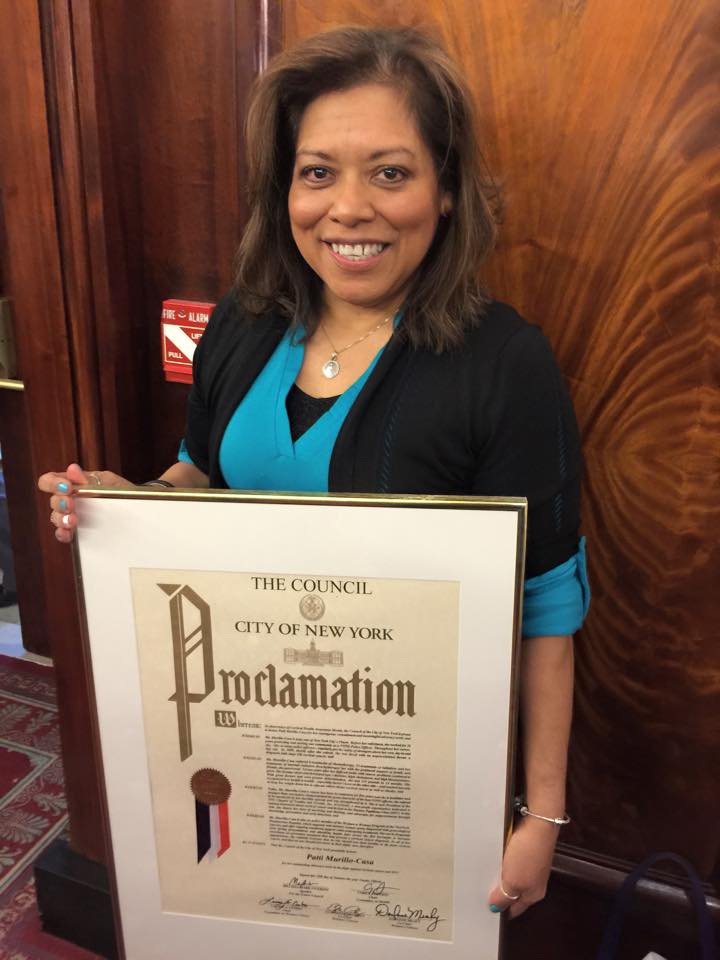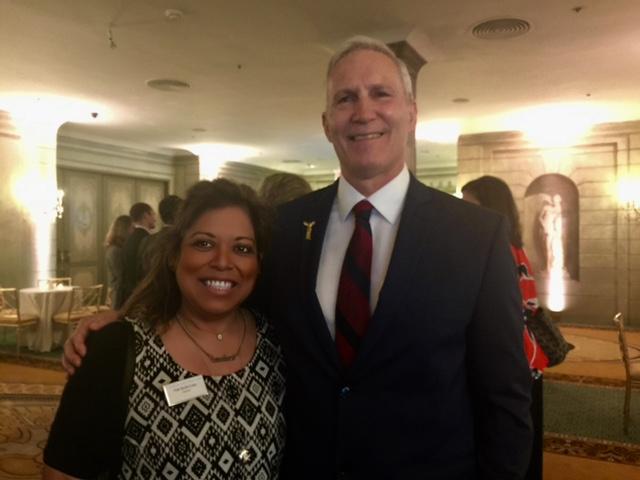Did you know that Hispanic/Latina women have the highest incidence rate of cervical cancer in the U.S.? They undergo significantly fewer Pap tests than non-Hispanic white and black women and are less likely than women of other races/ethnicities to return for recommended follow-up after an abnormal Pap test.
These statistics from the American Cancer Society and Centers from Disease Control (CDC) are instructive to us at Cervivor to guide some of our educational efforts.
National Hispanic Heritage Month (celebrated Sept. 15 – Oct. 15 to correspond with the independence of many countries in Central America) honors Hispanic history, culture and contributions. Communities across the country mark the month with festivals and educational activities.
We want to halt cervical cancer in its tracks, in America and around the world. To do that most effectively, we need to be aware of the disparities in cervical cancer incidence and mortality among populations of women.
For example, in the U.S., black women (followed by Hispanic women) have the highest death rate from cervical cancer. Mortality (death) rates of cervical cancer among Hispanic women are 50 percent higher than those of non-Hispanic women, and incidence rates among Hispanics are twice the rates of non-Hispanic women. Different populations bear different burdens of this disease, for different reasons.
Data from the American Cancer Society show that Hispanic women are less likely to get regular Pap tests. Hispanic and Latino Americans amount to an estimated 17.8% of the total U.S. population, making up the largest ethnic minority. This makes it a focus for our educational messages about cervical cancer prevention with Pap testing, HPV testing and HPV vaccination. This makes it a focus for our advocacy, education and personal Cervivor stories.
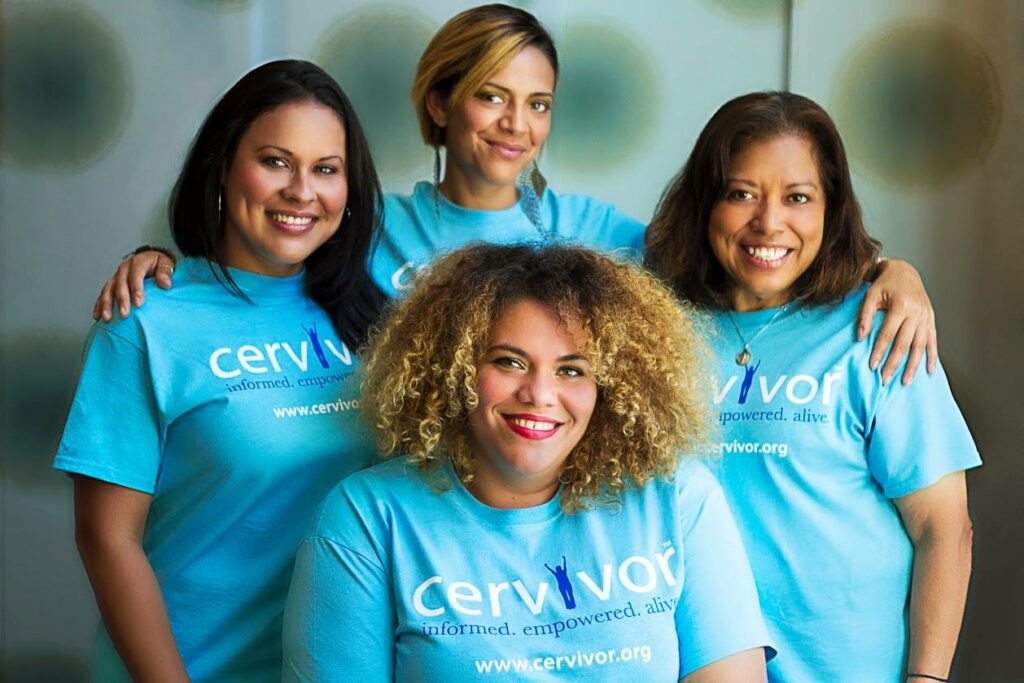
What can we do as Cervivors?
- Familiarize yourself with Spanish-language educational resources and share them as part of your education and advocacy work. There is a downloadable Spanish-language “foto-novela” from the American Sexual Health Association, for example, fact sheets from the National Cancer Institute and cervical cancer screening patient information sheets from the American College of Obstetricians & Gynecologists. (These and many more Spanish language resources are available here.)
- Join Cervivor Español: Private Facebook Group For Latina Cervical Cancer Patients & Survivors.
- Support local and national cancer control and prevention programs and policies aimed at decreasing disparities in cervical cancer mortality. For example: health reform efforts to reduce discriminatory practices against cancer patients and survivors; policies to include no-cost cervical cancer screenings and HPV vaccination as a mandated part of insurance coverage, and initiatives to expand HPV vaccination.
- Support the National Breast and Cervical Cancer Early Detection Program (NBCCEDP): The CDC’s NBCCEDP provides uninsured and underinsured women access to no-cost screening and diagnostic services, as well as a pathway to cancer treatment. Support federal and state funding for this program. Advocate for more funding to expand the reach of this lifesaving program.
- Share your story. We’d love to have more representation from Latina Cervivors on our site. Submit your story here and come to one of our Cervivor Schools to learn more about bringing education and advocacy to your community.
- Share Cervivor content on your social media platforms. You never know who might need this information.
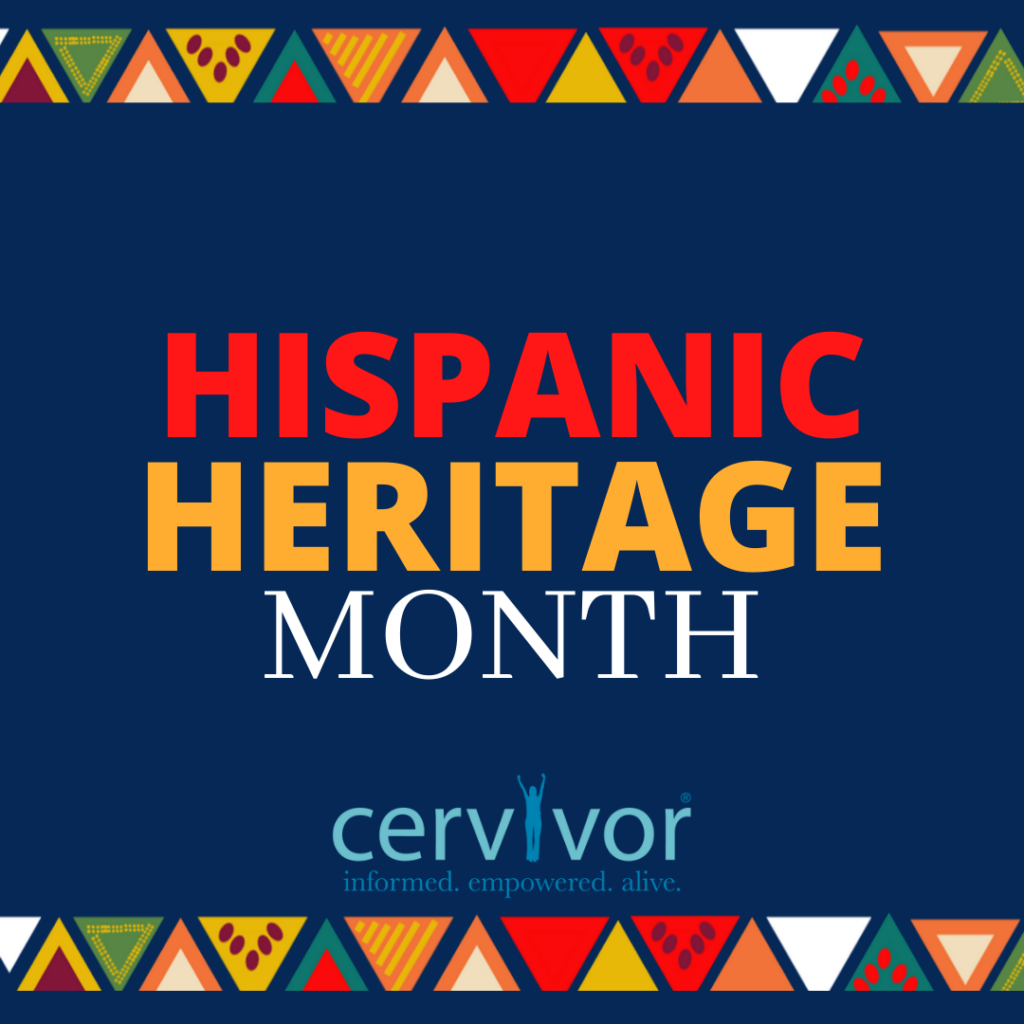
We are all bonded by this disease. We are all motivated to ensure that no one else has to go through what we’ve gone through. Let’s be aware of the racial disparities in cervical cancer, address them head on, and put our support, stories and voices behind programs that can change cervical cancer statistics and save lives.
Let’s celebrate National Hispanic Heritage Month by recognizing the power and strength of the Latino community and to doing what we can to expand education about cervical cancer screening and prevention.
